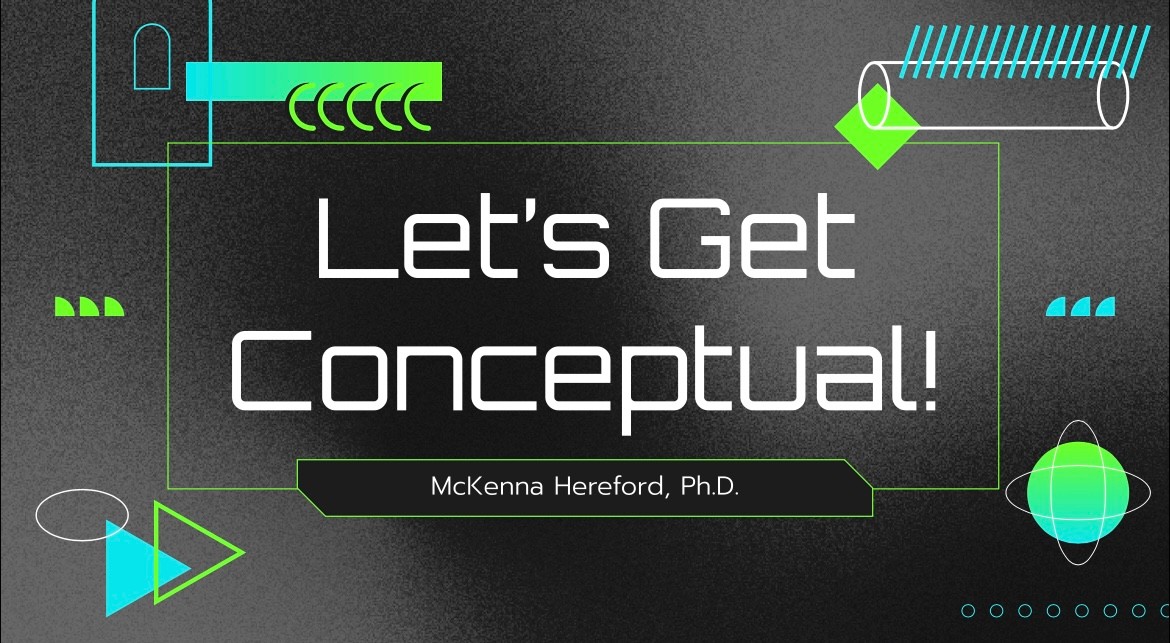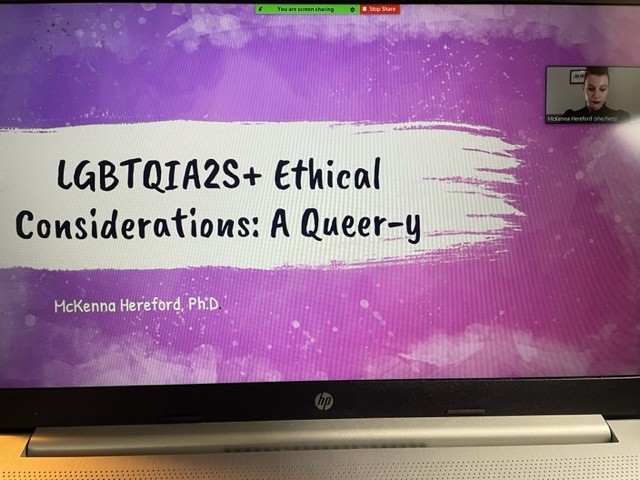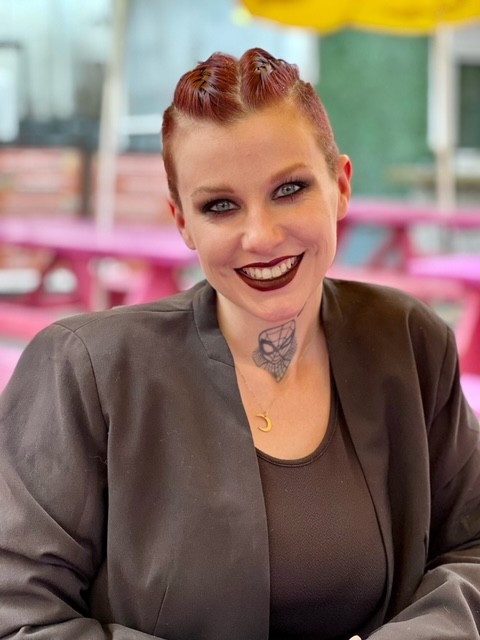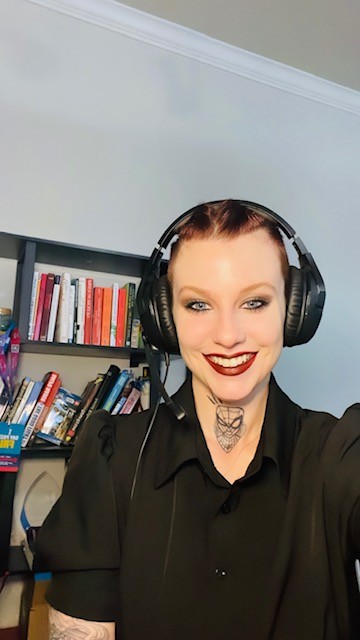We were lucky to catch up with McKenna “Dr. Mac” Hereford recently and have shared our conversation below.
McKenna “Dr. Mac”, appreciate you joining us today. Let’s go back in time to when you were an intern or apprentice – what’s an interesting story you can share from that stage of your career?
I remember a pivotal moment during my Master’s program that completely changed my approach to being a psychologist. I was a newer practicum student working with inmates awaiting trial in a local jail that was severely underfunded, which led to all kinds of harm to patients. One evening after class and work, I sat in my supervisor’s office, crying with rage (and probably some hopelessness) in response to a horrific event a patient experienced that week. This supervisor said, “McKenna, I’m not going to tell you to choose your battles, because every time someone has said that to me, they just wanted to silence me. Instead, I’m going to tell you to choose your weapon.” Importantly, she also sat with me instead of rushing to “fix” my strong emotions. That forever changed my approach to every aspect of my personal and professional life, because it instilled hope and creativity to tackling seemingly impossible obstacles.


As always, we appreciate you sharing your insights and we’ve got a few more questions for you, but before we get to all of that can you take a minute to introduce yourself and give our readers some of your back background and context?
I knew I wanted to become a psychologist in high school after enduring Hurricane Katrina and seeing the long-term impacts on the entire community around me. Throughout training, I noticed that every site would become narrowly focused on their own area of expertise and unintentionally neglected important factors to consider when working with patients. At the time, I thought I was seeking very different training sites because I wanted varying experiences. I realized later these experiences helped me specialize with helping patients facing complex concerns, because I could curiously help put puzzle pieces together and feel comfortable in the unknown without foreclosing on an initial assumption. I also noticed recently that I tend to gravitate toward building community in all aspects of life, a connection I now trace back to the Katrina aftermath. If there’s harm in community, there’s also healing in community.
I started Revealing the Ivory Tower podcast in 2020 after graduating with my Ph.D., because I struggled to find podcasts that tackled nuanced and complex issues while also holding systems accountable. Fighting misinformation created additional boundaries to educating the public about mental health misconceptions. I had zero experience venturing into the podcasting and social media spaces! I stumbled throughout my podcast journey and found some incredible colleagues that inspire and teach me daily. This growth has led to amazing interviews on the podcast and finding mentorship for myself. In 2023, I finally decided to take the next step and open my own business. While I provide therapy through that business, I mainly focus on offering services to other healthcare providers, such as marketing, training, or consultation. In mental health and medicine, we often specialize in an area out of necessity. I offer a zoomed out picture and space for providers to enhance culturally sensitive care, promote care for complex cases, and learn how to connect to their own communities with a curious and welcoming approach.

Can you tell us about what’s worked well for you in terms of growing your clientele?
It’s no secret that therapists, and really any healthcare workers, lack marketing skills! We never learn business and marketing aspects during school. I came on the social media and podcast landscapes also with no experience. After gaining mentorship and a small shift in my own perspective, I realized what marketing actually is: I just needed to connect with the right community for me. Since I tend to market toward other science and healthcare professionals on social media, I focus more on building community and getting to know people in these spaces. Stripping away the concept of “marketing” actually alleviated anxiety and, frankly, some disgust I felt toward the word itself. Viewing my goals as building community and exchanging education (I get to learn from people, too!) have been slow but, importantly, sustainable and value-aligned approaches for me.

How about pivoting – can you share the story of a time you’ve had to pivot?
As someone with no experience or training usually does, I launched a podcast and social media in the totally opposite order. I started the actual podcast with only basic knowledge and ideas of my purpose, and then several months later started social media. You can imagine I’ve had to pivot multiple times! All of this has been entirely outside of my wheelhouse and incredibly humbling (and, at times, discouraging). First, I wanted to interview only mental health professionals and tackle tough topics. Then I expanded to healthcare and other science-related fields, including some that I came in with knowing little about. I also started with a skeleton of a purpose related to taking a critical lens to academic, and that purpose has really been the evolution that has led to multiple pivots. What I have learned about pivoting is that it has been inevitable and to ask myself the important “why” question to guide a strategic decision.

Contact Info:
- Website: https://revealpsychology.com/
- Instagram: https://www.instagram.com/revealingtheivorytowerpodcast/
- Other: Podcast website: https://www.revealingtheivorytowerpod.com/
Image Credits
YM Photo Art


